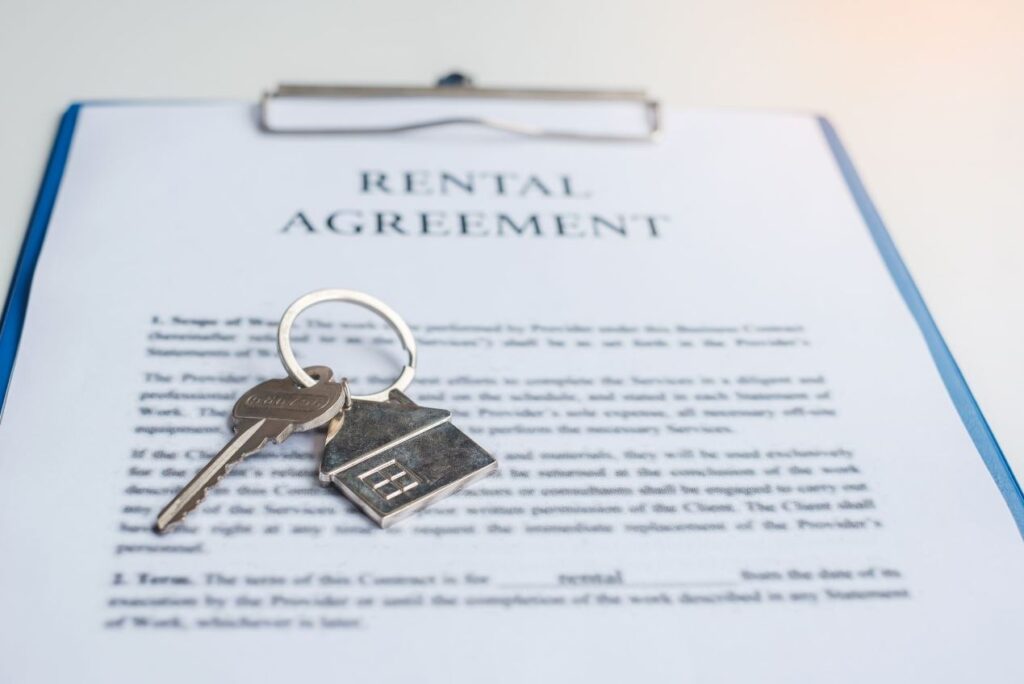by Joshua Davies, Programme Manager for Transforming the Private Rented Sector
Reform of the private rented sector (PRS) was first proposed by the government five years ago in April 2019, and since then, we’ve been working to make sure it delivers real change for renters. Alongside our own influencing work, we’ve funded and been a key partner of the Renters Reform Coalition, the leading voice for private renters, and supported local organisations across England to give renters a voice in debates about PRS legislation that has an enormous impact on their lives.
That’s why, as the Renters (Reform) Bill returns to Parliament this week, our decision to say that the bill no longer delivers the change renters need is such a significant step.
Homes should be a place of safety, security, and comfort. But tenants in the PRS often face insecurity, poor conditions, and sky-high rents. Over one in five private rented homes are non-decent, but many tenants don’t report poor conditions to their landlord for fear of being evicted, leaving them trapped dealing with cold, damp, mould, fire hazards or other issues, which pose a serious risk to their health, well-being, and future. Sadly, figures also show that renters’ fears aren’t unfounded: 46% of tenants who make a complaint to their landlord receive a Section 21 eviction notice within six months, raising their risk of homelessness.
Given the scale of the challenge faced by private renters, we need to see truly systemic and fundamental change to the sector. The Renters (Reform) Bill was already far from perfect, and we’ve been calling for improvements throughout its passage through parliament. But since it was first proposed, changes to the bill have only weakened its power to offer real protection for renters. On Wednesday, the government made further amendments to the Bill. Coupled with the existing issues, these amendments mean that the Bill no longer has any chance of delivering the change renters need. We’ve joined with renter organisations across the country through the Renters Reform Coalition to say that in its current form the Bill will be a failure.
The government introduced changes that:
- Delay the end of section 21 no-fault evictions indefinitely. These evictions need to end as soon as possible. But the government has postponed ending no-fault evictions until a review of the court system is complete, and there’s no certainty around how long this process could take or what recommendations it might produce.
- Re-introduce fixed term tenancies for renters. The Bill was supposed to remove fixed term tenancies to give renters the flexibility to live in a property for as long as they want. But the government has amended the bill so that tenants cannot leave a property during the first six months of a tenancy. This risks trapping tenants into paying rent for an unsuitable, dangerous or mis-sold property.
- Diminish selective licensing. Selective licensing is a method by which local authorities can check and enforce standards in the PRS. However, the government has committed to ‘review’ its application, suggesting that introducing a new landlord register would remove the need for selective licensing. We believe that the register cannot and should not replace existing enforcement mechanisms, and it is vital that selective licensing schemes remain in place as a way for councils to proactively inspect private rented homes (as argued in a recent report by Safer Renting).
In our view, the Bill is no longer fit for purpose. But there is still hope for renters if urgent changes are made. We want changes to the Bill that:
- Reverse the changes made, which see the end of Section 21 delayed indefinitely, trap tenants into tenancies for six months, and put selective licensing under review.
- Give renters four months’ notice when they are evicted so that they have enough time to find a new home and aren’t put at risk of homelessness.
- Give proper protection for tenants where landlords use new repossession grounds that let them evict a tenant when they want to sell the property or move in, including strong safeguards to prevent unscrupulous landlords from abusing the new grounds and restricting the use of these grounds until two years into a tenancy.
- Give courts maximum discretion to identify if there are good reasons why an eviction should not take place.
- Cap in-tenancy rent increases at the lowest of either inflation or wage growth to prevent unaffordable rent increases being used as a backdoor eviction method.
- Provide sufficient funding to ensure that regulations are enforced, giving local authorities ringfenced resources to be able to root out and penalise bad landlords.
When parliament debated the Bill on Wednesday, the strength of feeling was evident from MPs on all sides. Matthew Pennycook, Labour’s shadow housing minister, noted that “every month that passes, more private renters are served Section 21 notices. Nearly 85,000 of them have been put at risk of homelessness as a result of being served one of those notices”. Conservative MP Natalie Elphicke said “this has become a Bill where the balance too often is in favour of the landlords”.
Nevertheless, the government pressed on with its amendments, and the Bill will continue its passage in the House of Lords.
Throughout the past five years of campaigning alongside the Renters Reform Coalition, our vision for this moment was one of celebration for renters. But instead, this version of the bill will result in an increasing number of renters facing higher rents, poorer quality conditions, or the harsh reality of being uprooted from their homes. That is why we are committed to transforming the PRS, to ensure the existing bill and future government policies truly deliver what renters need.
Do you want to see change for renters? Tweet this article or join the campaign on the Renters Reform Coalition website.

